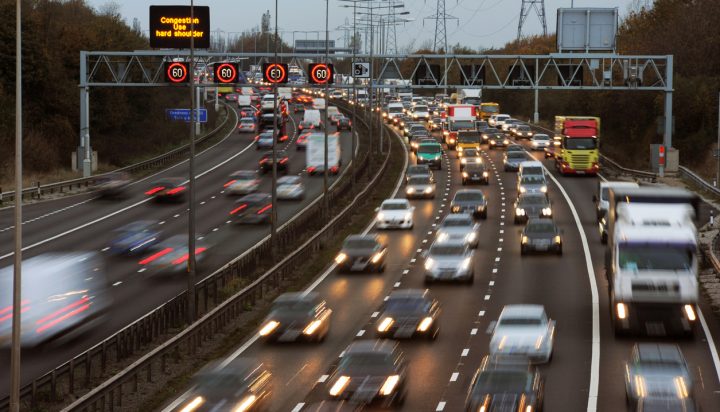The aftermath of the coronavirus crisis is likely to prompt an “increasing split” between the way cars and vans within fleets are managed, says FleetCheck.
The fleet software specialist says that the accent on car fleets is likely to be centred around whether journeys are required while, for vans, it will be more about efficient management of journeys that are definitely needed.
Peter Golding, managing director at FleetCheck, said, “Really, this is all about the need, in a world where coronavirus is still very much present, to minimise face-to-face contact with others and use video-conferencing as an alternative. It’s a question of how these factors will affect the number of company car journeys that are undertaken.
“There is a strong argument that these developments have potentially changed the shape of car fleets completely until a vaccine or other solution emerges. In the past, whether you needed a company car was often decided on the basis of how many miles you covered in a year. Now, that is likely to change to look at quality and necessity of usage.
“Even when the coronavirus question is resolved to the point where real world meetings are possible, a fundamental question for car fleets is going to be whether a journey needs to take place? Can that monthly client account meeting now be done once a quarter by car and the rest of the time as a video conference, saving everyone time and money?”
He added, “The big difference for van fleets is that no-one really questions whether a journey is necessary. If it is being undertaken, it is because a delivery is needed or an engineer and their equipment are required in a particular place. Necessity is taken for granted.
“There have always been major differences in car and van fleet management as disciplines but the coronavirus crisis and these new methods of working will accelerate that split. More than ever, vans will be about practicalities and cars about choice, and best practice for both types of vehicle will be very much dictated by that fundamental difference.”
Peter said he did not see company cars becoming less popular or less numerous as a result of the shift.


